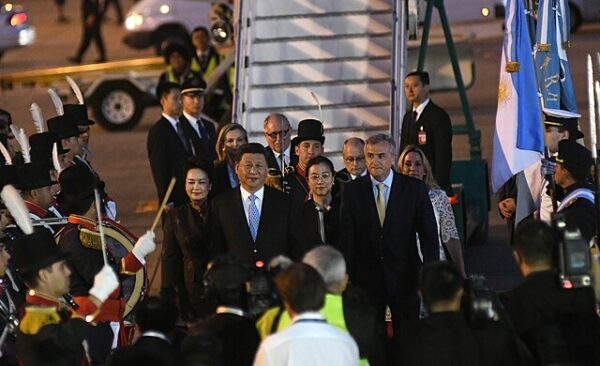
During a nationally televised interview earlier in the week, Vice President J.D. Vance on Thursday offered an unflinching justification for the Trump administration’s escalated immigration enforcement regime, portraying recent deportations as a moral and constitutional imperative in the face of what he characterized as partisan obstruction and judicial interference.
At the center of the controversy lies the removal of Abrego Garcia, a Salvadoran national alleged to have affiliations with the MS-13 gang—a deportation executed under the seldom-invoked Alien Enemies Act. Civil liberties advocates and Democratic legislators swiftly condemned the administration’s reliance on that statute, suggesting it circumvented established immigration protocols and undermined procedural legitimacy. But for Vance, the matter was unambiguous: national security must not be subordinated to what he termed “progressive sensibilities,” wrote The Daily Caller.
“Back in 2019, an immigration judge looked at all the evidence, looked at all the data and concluded that this allegedly innocent person that we sent to El Salvador was actually a member of an MS-13 gang. He had also committed some traffic violations, he had not shown up for some court dates. This is not exactly father of the year here, this is a person that we don’t think should be in our country,” Vance said.
“Here’s the most important point, though, Lawrence [Jones] is whatever the argument is, whatever the justification is, no one doubts that no even the crazy, left-wing media criticizes the idea that we can deport this person,” the vice president continued. “They just took issue with the reasoning for why we deported this person. This was unquestionably an illegal alien, this was unquestionably a person who broke the laws to get into our country, this is unquestionably a person who an immigration judge had found had zero right to be in the United States of America. We do not ask permission from far-left Democrats before we deport illegal immigrants. We do the American people’s business.”
A Department of Homeland Security official said while Garcia was removed because of an immigration error, he should be kept in law enforcement custody due to his criminal background and gang association.
In Vance’s framing, judicial resistance—most notably from U.S. District Judge James Boasberg, who recently attempted to halt certain deportations under the Alien Enemies Act—represents not merely legal opposition but a deeper ideological cleavage. Boasberg, now the target of impeachment articles introduced by Representative Brandon Gill (R-TX), is accused of transgressing the constitutional limits of the judiciary by obstructing executive enforcement prerogatives in matters of immigration and national defense.
Yet despite Boasberg’s ruling, administration officials noted that several deportation flights had already departed prior to the injunction—an implicit demonstration of the White House’s resolve to act unilaterally if necessary. The constitutional stakes have now migrated to the Supreme Court, which is expected to adjudicate the limits of executive authority in the coming weeks—a ruling that may well define the contours of federal power in an era of revived border nationalism.
Vance further invoked the murder of 12-year-old Jocelyn Nungaray, allegedly at the hands of members of the Tren de Agua gang, as emblematic of the consequences of leniency and delay.
Since President Trump’s return to office in January, the administration claims to have deported over 100,000 individuals and conducted more than 113,000 arrests, according to The New York Post. While critics argue that the invocation of an 18th-century statute amounts to legal anachronism bordering on overreach, the administration presents it instead as a reassertion of dormant constitutional powers—revived in service of national preservation.
March’s historic low in illegal border crossings—just over 7,100 incidents—was held up as vindication. According to Vance, this sharp decline was not accidental but a direct result of “credible deterrence,” sustained not by rhetoric but by action. Whether that strategy survives judicial scrutiny—or further inflames a divided electorate—remains the defining test of the administration’s second-term immigration doctrine.
[Read More: Fencer Disqualification Outrages Former Sports Star]











